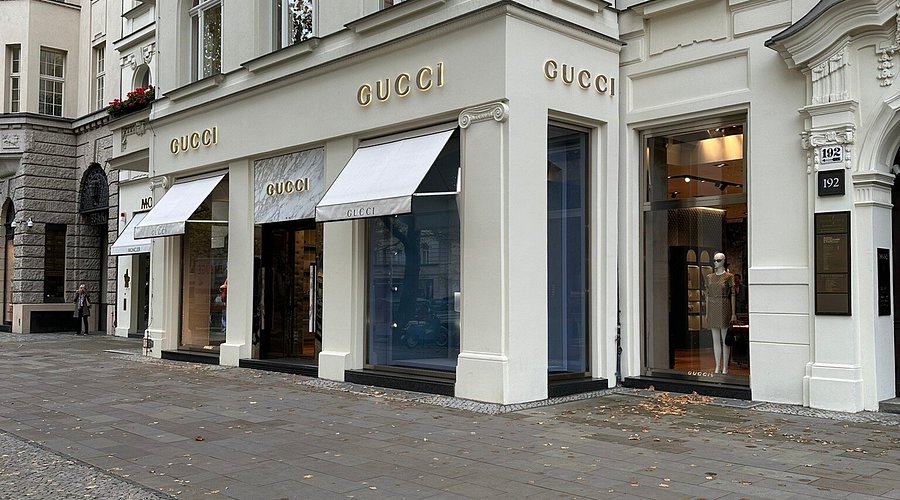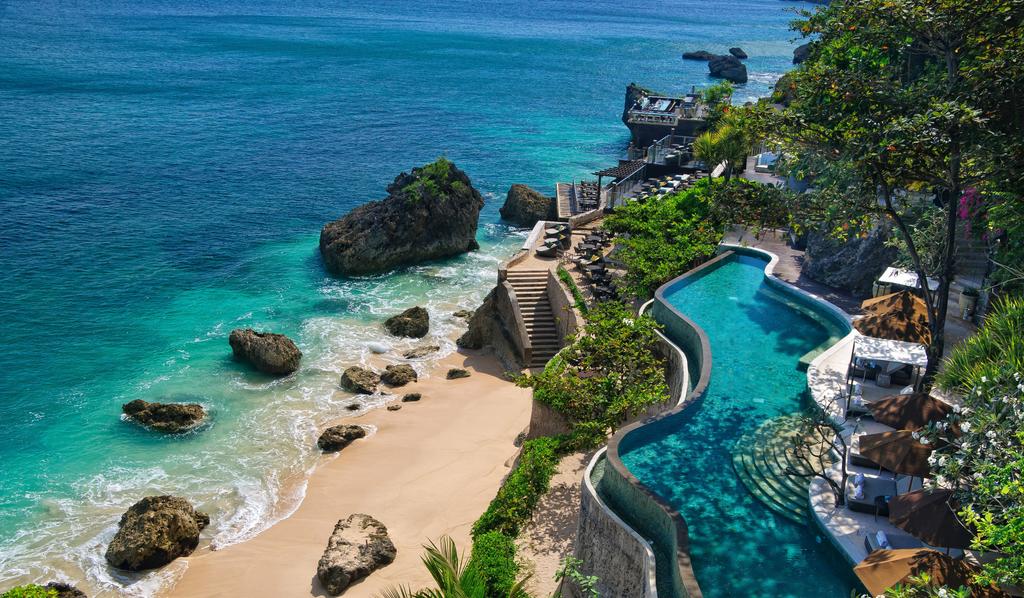Generational Wealth Goes Green: Luxury Estates Turning Into Self Sustaining Eco Villages
By
John Carter
Last updated:
September 24, 2025
First Published:
September 24, 2025

Photo: Lancashire Lodges & Retreat
The convergence of wealth and environmental consciousness
Modern billionaires are increasingly integrating sustainability into the definition of luxury. Beyond grandeur and architectural statements, the ultra wealthy are transforming estates into self sustaining eco villages. These properties combine high end living with environmental stewardship, reflecting a growing awareness that true legacy involves both wealth and responsibility.
Energy independence and innovation
Eco villages on private estates prioritize energy self sufficiency. Solar farms, wind turbines, and geothermal systems provide clean energy while reducing dependence on traditional grids. Advanced storage solutions allow homes to operate independently for extended periods. For the wealthy, energy independence is not only practical but a symbol of forward thinking and technological sophistication.
Agriculture meets luxury
Many estates incorporate organic farms, permaculture gardens, and aquaponic systems. These installations supply residents with fresh produce, rare herbs, and even livestock products. Culinary experiences are elevated as chefs utilize estate grown ingredients, blending sustainable living with gourmet lifestyles. This approach transforms everyday consumption into an expression of refinement and conscious stewardship.
Water management and conservation
Water is treated as a precious resource in these eco villages. Rainwater harvesting, greywater recycling, and natural filtration systems ensure efficient use. Luxury is redefined by the ability to seamlessly integrate sustainability into daily life. Pools, fountains, and landscape irrigation coexist with conservation practices, showing that comfort and responsibility can coexist.
Architectural sustainability
Residences are designed to minimize environmental impact while maximizing aesthetic appeal. Passive cooling, green roofs, and natural materials create homes that harmonize with their surroundings. Architects collaborate with environmental engineers to ensure that buildings not only impress visually but also function with minimal ecological footprint. These structures embody the idea that luxury can be environmentally intelligent.
Community and privacy balanced
Despite environmental integration, privacy remains paramount. Eco villages are often gated and dispersed over large estates, providing seclusion while fostering a sense of intentional community. Family members and close associates can interact in shared spaces such as wellness centers, farm markets, and recreational areas, while enjoying personal retreats that uphold exclusivity.
Wealth preservation through sustainable assets
Eco estates are increasingly viewed as long term investments. Land, renewable infrastructure, and self sustaining systems provide tangible value while mitigating risks associated with urban development or climate change. Wealthy families are blending financial prudence with environmental responsibility, ensuring that estates remain valuable across generations.
Social signaling and cultural influence
The development of eco villages also communicates a powerful social message. Investing in sustainability showcases foresight, ethical commitment, and cultural leadership. In elite circles, eco conscious estates are becoming a new symbol of influence, demonstrating that luxury can coexist with social responsibility.
Integration of technology and lifestyle
Cutting edge technology supports sustainability without compromising comfort. Smart home systems manage energy, water, and climate automatically. Autonomous vehicles, electric transport hubs, and digital monitoring ensure seamless living. For the ultra wealthy, technology allows them to experience both modern convenience and ecological mindfulness simultaneously.
The future of luxury living
As environmental awareness grows globally, self sustaining estates are likely to become standard among high net worth families. These properties redefine legacy by combining wealth, innovation, and ecological stewardship. Generational wealth is no longer only about accumulation but about creating estates that reflect values, foresight, and responsibility for the planet.
Subscribe to unlock premium content
Sed at tellus, pharetra lacus, aenean risus non nisl ultricies commodo diam aliquet arcu enim eu leo porttitor habitasse adipiscing porttitor varius ultricies facilisis viverra lacus neque.
A comprehensive guide on Agile development

10 Productivity tools that are worth checking out

Top 7 Must have management tools for productivity

A comprehensive guide on Agile development

10 Productivity tools that are worth checking out

A comprehensive guide on Agile development








.png)
